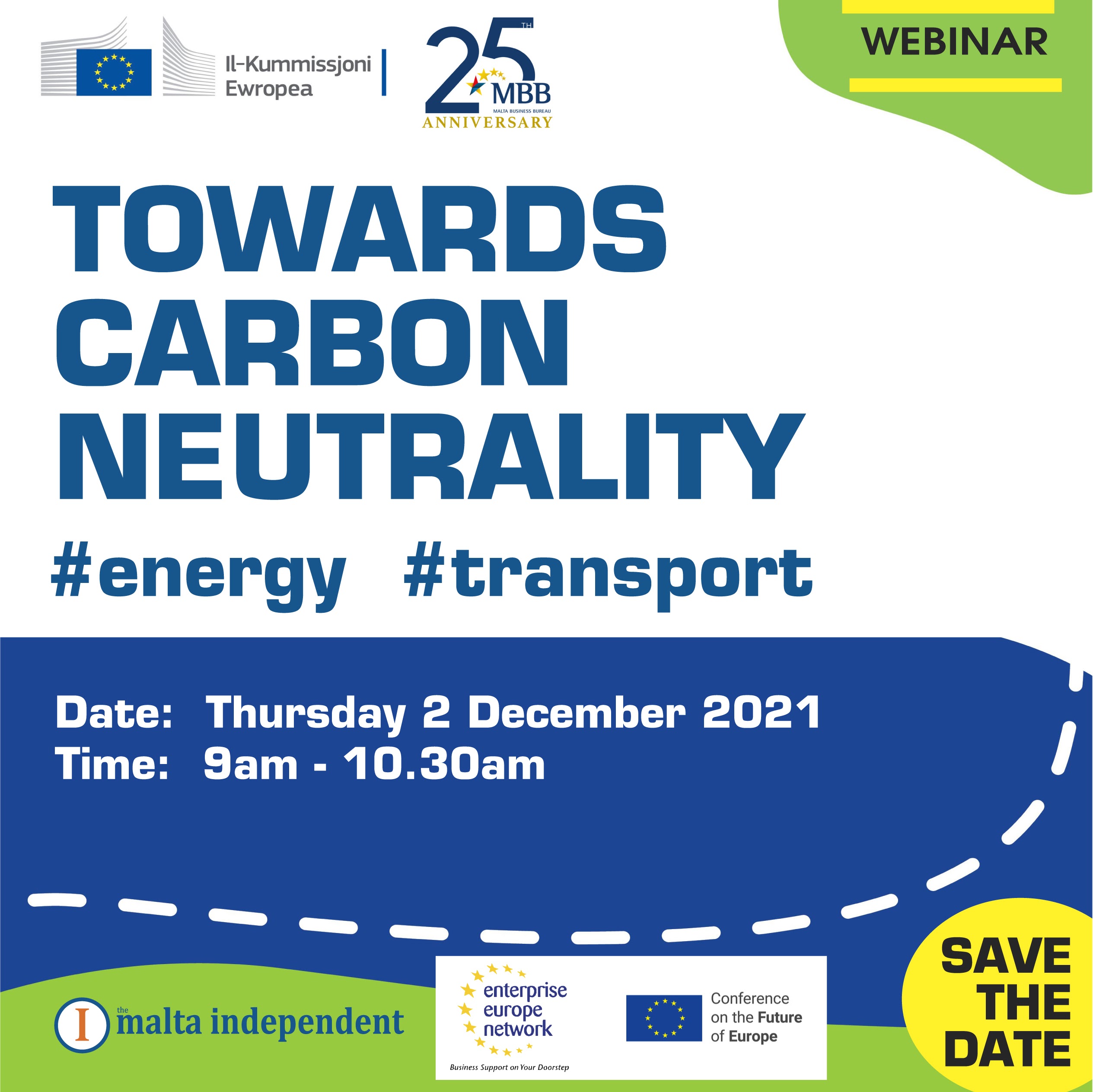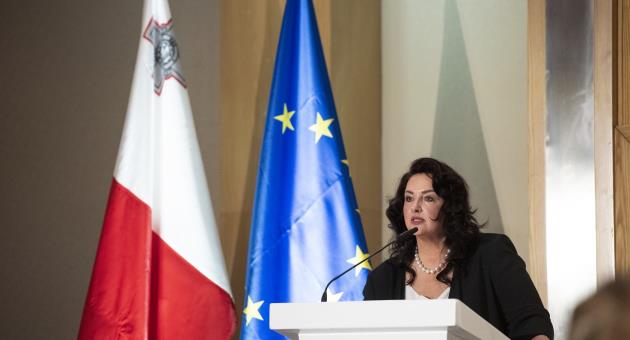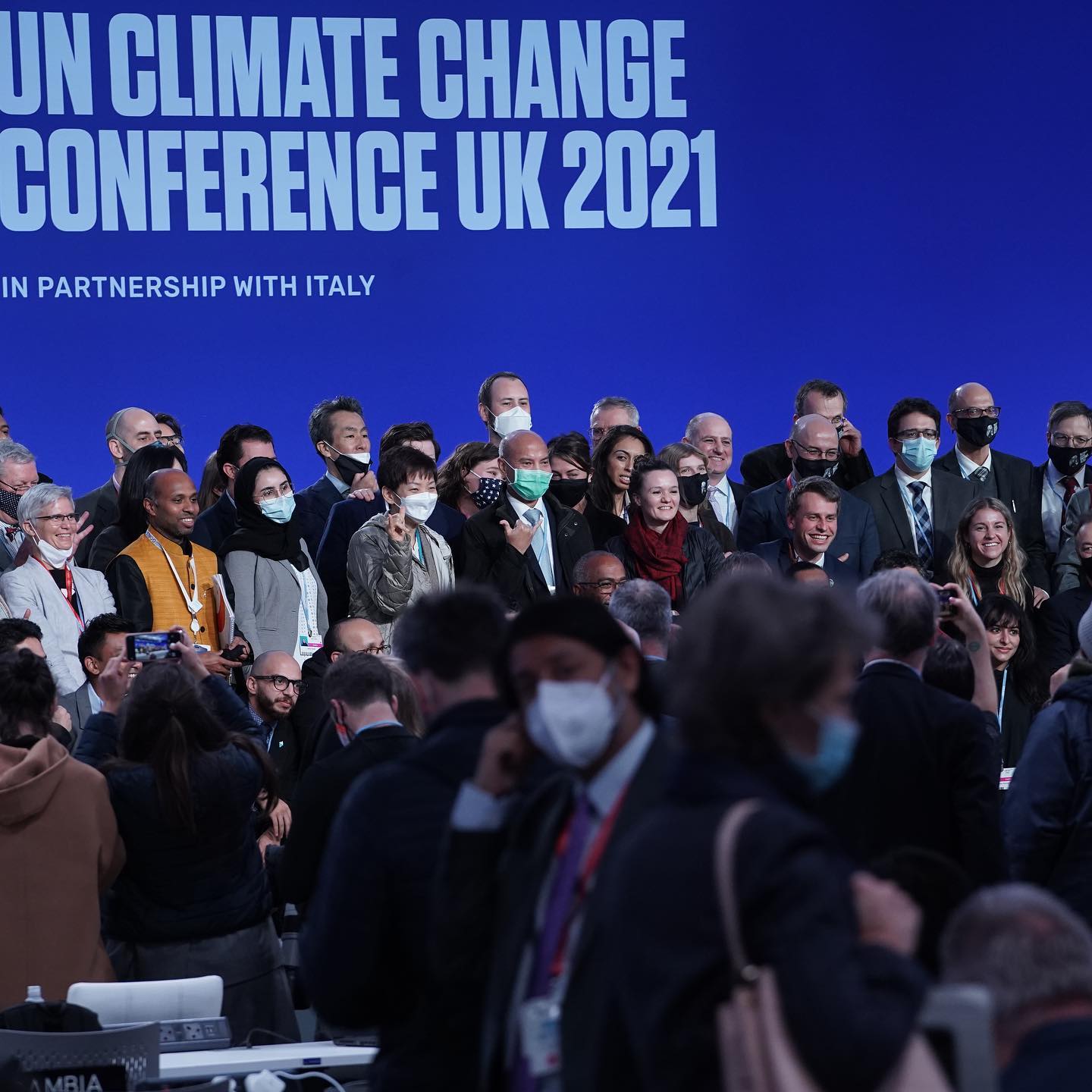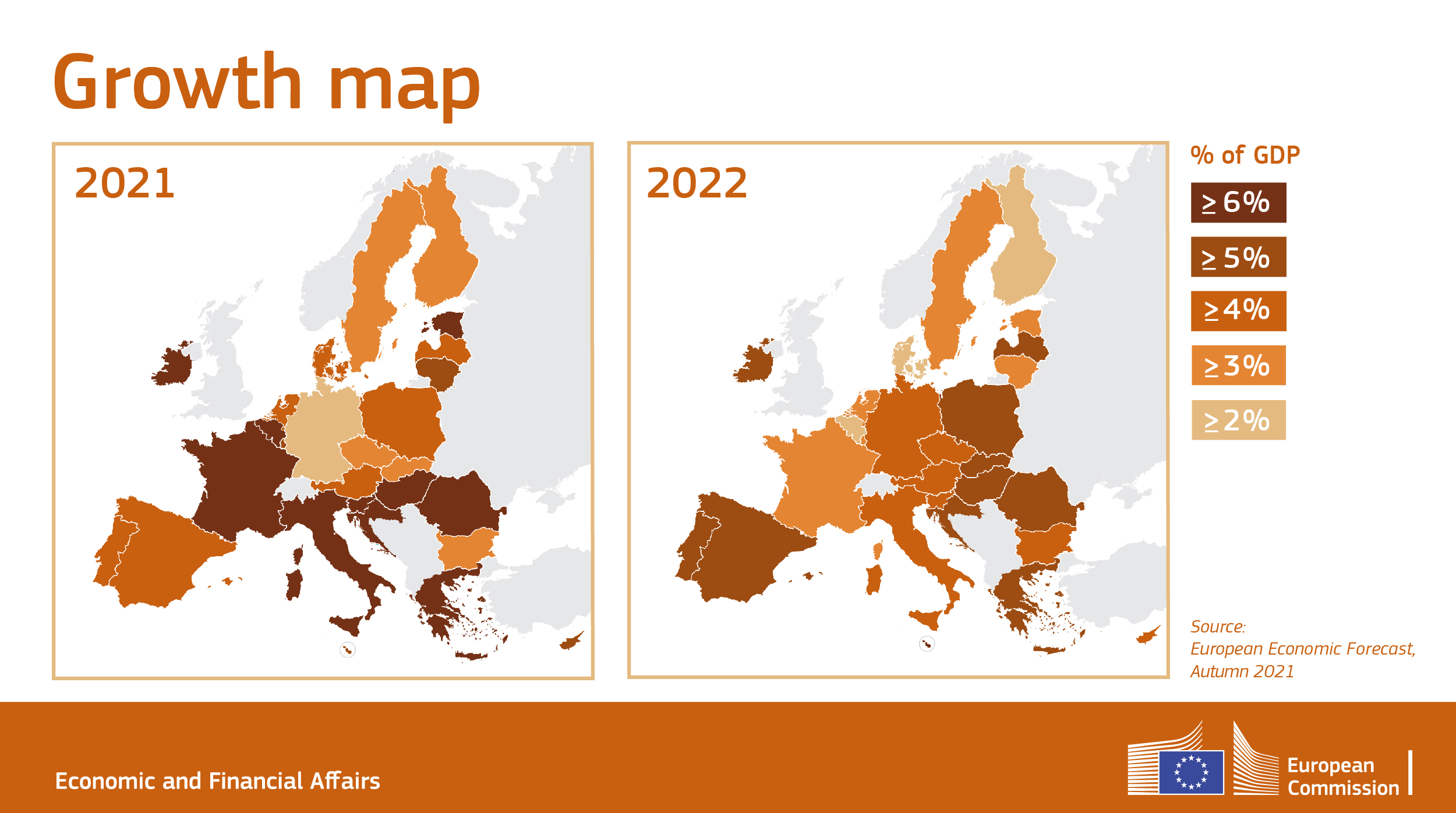|
|
|
|
|
Follow us
|
Facebook
 |
Twitter
|
Twitter

|
|
|
|
|
|
|
Recent and Upcoming Events
|

|
|
Webinar: Towards Carbon Neutrality
|
|
|

|
|
The European Commission Representation in Malta and the Malta Business Bureau in collaboration with The Malta Independent are organising a webinar on Thursday 2nd December 2021 (09:00am to 10.30am). The topic discussed will be "Towards Carbon Neutrality... #energy #transport"
The event will include the participation of the following speakers:
- Diederik Samsom, Head of cabinet of FVP Frans Timmermans
- Simone Borg, Head, Department of Environmental Law and Resources Law, University of Malta
- Patrick Spiteri Staines, Chairperson Energy Efficiency and Conservation Committee at the Malta Chamber
A Q&A session will follow the panel discussion.
Register Here

|

|
|
|
|
|
|

|

|
|
Combatting and Preventing Hate Speech
|
|
The European Commission Representation and the Embassy of the Federal Republic of Germany organised a conference with the theme “Combatting and Preventing Hate Speech”.
|
|
|

|
|
In her welcome address the Head of the Representation of the European Commission, Dr Elena Grech, thanked all speakers and participants for their time and efforts to recognise and address the issue and impact of hate speech. The German Ambassador, H. E. Walter Haßmann, stressed that “hate speech is a scourge that has the potential to destroy our societies.” He insisted that collaboration is a strong tool to combat its impact, inviting participants “Let us all join hands in our fight to overcome it.”
The objective of the conference was to show that hate speech can affect everybody, that these comments can cause serious harm and that there is a need to re-establish a debate culture which is based on mutual respect and done by an exchange of arguments and counter arguments. It was also important to address issues like racism, xenophobia, misogyny, homophobia, transphobia and anti-Muslim hatred as some of the motivations for hate speech.
In the first part of the conference Dr Mary Muscat, from the Faculty of Law at the University of Malta, provided a factual state of play that included a comparative analysis of the existing legal framework and an academic presentation of research carried out in Germany by Ms Hannah Heuser.

In her keynote address, the European Commissioner responsible for Equality Helena Dalli said that the European Commission is putting forward a proposal to extend the current list of ‘EU crimes’ to cover all forms of hate crime and hate speech and ensure the same level of protection everywhere. Furthermore “at the national level, I encourage Member States to adopt their action plans to tackle racism and racial discrimination in line with the European Commission’s call in the Anti-racism Action Plan. We must have comprehensive solutions to tackle this fear and hatred of the ‘other’, and build a Union of Equality together”.
The conference was also addressed by the Minister for Equality, the Hon. Owen Bonnici, who insisted that no country is immune to hate speech, including Malta. “Our prevention efforts should be rooted in educating minors and adults alike, in an age-appropriate fashion, to healthy democratic debate, including disagreement, on all issues linked to the grounds where discrimination happens”. Minister Bonnici reiterated that “legislation is there to show that there is a line that cannot be crossed from democratic debate into hate. Plain and simple, it is illegal. Criminal prohibition is necessary when hate speech publicly incites violence against individuals or groups of people”.
The second part of the discussion continued in the form of a panel discussion that brought together an array of experiences ranging from the media to academia to organisations representing different interest groups. The panellists offered their insight and experiences on the impact of hate speech in their environments. Participants also had the opportunity to share their views, experiences and concerns on the issue of hate speech, many voicing concern on the power of social media in the propagation and amplification of hate speech.
The presentation of the research carried out by Ms Hannah Heuser, a research fellow at Leipzig University, provided an exceptional view of hate speech, both from the perspective of the victim and that of the perpetrator. Her research is based on a qualitative interview study and in her interventions, apart from the different causes of hate speech and its various manifestations, Ms Heuser also explained the impacts of digital hate speech on affected persons and their experience with criminal proceedings.
|

|
|
|
|
|
|
|
|
|
|
EU Top News
|

|
|
European Green Deal: Commission adopts new proposals to stop deforestation, innovate sustainable waste management and make soils healthy for people, nature and climate
|
|
The Commission adopted three new initiatives that are necessary for making the European Green Deal a reality. The Commission is proposing new rules to curb EU-driven deforestation, as well as new rules to facilitate intra-EU waste shipments to promote circular economy and tackle the export of illegal waste and waste challenges to third countries.
|
|
|

|
|
The Commission proposes a new Regulation to curb EU-driven deforestation and forest degradation. Just counting from 1990 to 2020 the world has lost lost 420 million hectares of forest – an area larger than the European Union. The proposed new rules would guarantee that the products that EU citizens buy, use and consume on the EU market do not contribute to global deforestation and forest degradation. The main driver of these processes is agricultural expansion linked to the commodities soy, beef, palm oil, wood, cocoa and coffee, and some of their derived products.
The Regulation sets mandatory due diligence rules for companies which want to place these commodities on the EU market with the aim to ensure that only deforestation-free and legal products are allowed on the EU market. The Commission will use a benchmarking system to assess countries and their level of risk of deforestation and forest degradation driven by the commodities in the scope of the regulation.
The Commission will step up dialogue with other big consumer countries and engage multilaterally to join efforts. By promoting the consumption of ‘deforestation-free' products and reducing the EU's impact on global deforestation and forest degradation, the new rules are expected to reduce greenhouse gas emissions and biodiversity loss. Finally, tackling deforestation and forest degradation will have positive impacts on local communities, including the most vulnerable people like indigenous peoples, who rely heavily on forest ecosystems.
Under the revised Regulation on waste shipments, the Commission delivers on the circular economy and zero pollution ambitions by proposing stronger rules on waste exports, a more efficient system for the circulation of waste as a resource and determined action against waste trafficking. Waste exports to non-OECD countries will be restricted and only allowed if third countries are willing to receive certain wastes and are able to manage them sustainably. Waste shipments to OECD countries will be monitored and can be suspended if they generate serious environmental problems in the country of destination. Under the proposal, all EU companies that export waste outside the EU should ensure that the facilities receiving their waste are subject to an independent audit showing that they manage this waste in an environmentally sound manner.
Within the EU, the Commission is proposing to simplify the established procedures considerably, facilitating waste to re-enter the circular economy, without lowering the necessary level of control. This helps to reduce the EU's dependence on primary raw materials and supports innovation and the decarbonisation of EU industry to meet the EU's climate objectives. The new rules are also bringing waste shipments to the digital era by introducing electronic exchange of documentation.
The Regulation on waste shipments further strengthens action against waste trafficking, one of the most serious forms of environmental crime as illegal shipments potentially comprise up to 30% of waste shipments worth €9.5 billion annually. Improving the efficiency and effectiveness of the enforcement regime includes setting up an EU Waste Shipment Enforcement Group, empowering the European Anti-Fraud Office OLAF to support transnational investigations by EU Member States on waste trafficking, and providing stronger rules on administrative penalties.
Finally, the Commission also presents today a new EU Soil Strategy an important deliverable of the European Green Deal and the EU Biodiversity Strategy for 2030 for tackling the climate and biodiversity crises. Healthy soils are the foundation for 95% of the food we eat, they host more than 25% of the biodiversity in the world, and are the largest terrestrial carbon pool on the planet. Yet, 70% of soils in the EU are not in a good condition. The Strategy sets a framework with concrete measures for the protection, restoration and sustainable use of soils and proposes a set of voluntary and legally binding measures. This strategy aims to increase the soil carbon in agricultural land, combat desertification, restore degraded land and soil, and ensure that by 2050, all soil ecosystems are in a healthy condition.
The Strategy calls for ensuring the same level of protection to soil that exists for water, the marine environment and air in the EU. This will be done through a proposal by 2023 for a new Soil Health Law, following an impact assessment and broad consultation of stakeholders and Member States. The Strategy also mobilises the necessary societal engagement and financial resources, shared knowledge, and promotes sustainable soil management practices and monitoring, supporting the EU ambition for global action on soil.
|

|
|
|
|
|
|

|

|
|
The Conference on the Future of Europe
|
|
On 5-7 November, about 200 randomly selected EU citizens from all across the Member States met for the second time online to discuss a stronger economy, social justice, jobs/education, culture, youth, sport/digital transformation.
|
|
|

|
|
They discussed the future of our economy and jobs, especially in view of the impact of the COVID-19 pandemic, equality before the law, rights and fairness, digital education and cyber security, amongst other things. They are going to prepare recommendations in each of the five streams they have identified: working in Europe, an economy for the future, a just society, learning in Europe and an ethical and safe digital transformation.
On 12-14 November, the second European Citizens’ Panel will meet online for the second time to discuss, in particular, how to strengthenrights and non-discrimination, protect democracy and rule of law, reform the EU, build European identity and strengthen citizens’ participation. Follow live the plenaries on the Multilingual Digital Platform. All Europeans can get involved and share their ideas on how to shape our shared future on the Multilingual Digital Platform. Find out more about the process.
|

|
|
|
|
|
|

|

|
|
COP26: European Commission announces €1 billion pledge to protect world forests
|
|
European Commission President Ursula von der Leyen announced today €1 billion at the 26th UN Climate Change Conference of the Parties (COP26) in Glasgow as the European Union contribution to the Global Forests pledge.
|
|
|

|
|
This 5-year support package from the EU budget will help partner countries to protect, restore and sustainably manage forests worldwide and deliver on the Paris Agreement.
President Ursula von der Leyen said: “Forests are the green lungs of the earth. We need to protect and restore them. I gladly announce that we are pledging €1 billion to protect world forests. This is a clear sign of the EU's commitment to lead global change to protect our planet, in line with our EU Green Deal.”
Commissioner for International Partnerships, Jutta Urpilainen, added: "The EU's contribution pledged today to sustainably manage, restore and protect forests will support sustainable growth and jobs, climate mitigation and adaptation, as well as preservation of biodiversity in our partner countries. The European Union will work in partnerships with governments, civil society, indigenous peoples and private actors, in a multilateral approach, to achieve the Sustainable Development Goals and to put people and planet first. The specific focus on the Congo Basin is a timely message on the importance of this unique area and its ecosystem.”
This pledge is the European Commission’s contribution to the Global Forests pledge made at COP26 by the international community. As a follow-up, the EU will work with partner countries to conserve, restore and ensure the sustainable management of forests in a comprehensive and integrated way. Within the €1 billion pledged today, €250 million will go to the Congo Basin.

|

|
|
|
|
|
|

|

|
|
Europeans discuss online in 24 languages. And it works!
|
|
European Citizens’ Panels within the Conference on the Future of Europe – a unique broad participatory democracy exercise carried out in 2021/2022 – entered in November into their second stage: Two panels of around 200 Europeans each met beginning of November in the form of a fully on-line event, discussing in 24 languages the future of Europe. A world premier - and…. it worked!!
|
|
|

|
|
The participants feedback was utterly positive: Many panelists expressed their gratefulness for being part of such an important process and praised the successful implementation of such a technically complex event. 94% of panel 2 participants declared being super happy or happy when asked “how content are you with the results so far?”.
Citizens from all walks of life from all EU Member States, randomly selected, discussed over 2, 5 days manifold ideas with the goal to formulate orientations for the final recommendations to be agreed in the Conference Plenary, which will be followed up upon by the European institutions. On 5-7 November, ca. 200 Europeans dug into topics related to working in Europe, an economy for the future, a just society, learning in Europe and an ethical and safe digital transformation. On 12-14 November, other ca. 200 Europeans focused on democracy/values, rule of law and security.
Make your voice heard!
|

|
|
|
|
|
|
|
|
|
|
Recovery and Resilience Facility
|

|
|
EU economy and finance ministers exchange views on EU economy, economic governance, and financing of Next Generation EU
|
|
At an ECOFIN meeting on 9 November, EU economy and finance ministers exchanged views on the EU economy following the COVID-19 pandemic, and on the implications of recent developments for economic governance.
|
|
|

|
|
The way forward on economic governance will be discussed further until a broad consensus is reached. Ministers also discussed the current situation regarding the financing of Next Generation EU and the implementation of the Recovery and Resilience Facility. In addition, ministers approved conclusions on the future of the European Semester in relation to the Recovery and Resilience Facility.The conclusions call for the return of the essential elements of the European Semester in the 2022 cycle, in particular country reports and country-specific recommendations.
The EU economy and finance ministers also discussed the recent steep increase in energy and consumer prices and their policy implications. After a presentation by the Commission, ministers debated a set of legislative proposals aimed at implementing the outstanding Basel IIIagreements. They received information from the Slovenian presidency on current financial services legislative proposals, and from the Slovenian presidency and the Commission on recent meetings of the IMF and G20 finance ministers and central bank governors
Lastly, the European Court of Auditors presented its annual report on the implementation of the EU budget for the 2020 financial year.
|

|
|
|
|
|
|

|

|
|
European Semester: Opinions on the Draft Budgetary Plans of euro area Member States project supportive fiscal stance
|
|
As part of the European Semester, on 24 November, the Commission issued opinions on the Draft Budgetary Plans (DBPs) of euro area Member States.
|
|
|

|
|
The opinions are based on fiscal policy recommendations adopted by the Council in June 2021. They take into account the continued application in 2022 of the general escape clause of the Stability and Growth Pact. Member States are unwinding the temporary emergency measures and increasingly focusing support measures on sustaining the recovery.
Recovery and Resilience Facility grants in 2022 will fund 24% of total recovery support measures and will be frontloaded: Member States are expected to spend over 40% of the total amount of allocated RRF grants, pending the decision to disburse following the fulfilment of milestones and targets. In addition, it is expected that nationally financed investment will be preserved or broadly preserved in 2022 in all Member States, as recommended by the Council.
The euro area fiscal stance is projected to be expansionary over the 2020-2022 period. In several Member States, including some high debt ones, the supportive fiscal stance will be driven by higher nationally financed current spending, or by unfunded tax cuts. In some cases, this is expected to have a sizeable impact on the underlying fiscal position.
|

|
|
|
|
|
|

|

|
|
Autumn 2021 Economic Forecast: From recovery to expansion, amid headwinds
|
|
The EU economy is rebounding from the pandemic recession faster than expected. As vaccination campaigns progressed and restrictions started to be lifted, growth resumed in spring and continued unabated through summer, underpinned by the re-opening of the economy.
|
|
|

|
|
Despite mounting headwinds, the EUeconomy is projected to keep expanding over the forecast horizon, achieving a growth rate of 5%, 4.3% and 2.5% in 2021, 2022 and 2023 respectively. Growth rates for the euro area are projected to be identical to those for the EU in 2021 and 2022, and 2.4% in 2023. This outlook depends heavily on two factors: the evolution of the COVID-19 pandemic and the pace at which supply adjusts to the rapid turnaround in demand following the re-opening of the economy.

|

|
|
|
|
|
|

|

|
|
State aid: Commission approves €800,000 Maltese scheme to support fishers affected by coronavirus outbreak
|
|
The European Commission has approved a €800,000 Maltese scheme to support fishing vessel owners affected by the coronavirus outbreak. The scheme was approved under the State Aid Temporary FrameworkSearch for available translations of the preceding linkEN•••.
|
|
|

|
|
Under the scheme, the public support will take the form of direct grants. The aid amount per beneficiary will be calculated by multiplying the amount of fish (in kg) caught in 2020 by €0.98, up to a maximum ceiling of EUR €5,000 per vessel.
The measure will partially address the loss of income suffered by the beneficiaries due to the coronavirus outbreak and the restrictive measures that the Maltese government had to implement to limit the spread of the virus. The scheme aims to address the liquidity needs of fishing vessel owners and to help them continue their activities during and after the outbreak. The Commission found that the Maltese scheme is in line with the conditions of the Temporary Framework. In particular, the aid (i) will not exceed €270,000 per beneficiary; and (ii) will be granted until 31 December 2021. The Commission concluded that the measure is necessary, appropriate and proportionate to remedy a serious disturbance in the economy of a Member State, in line with Article 107(3)(b) TFEU and the conditions set out in the Temporary Framework. On this basis, the Commission approved the scheme under EU State aid rules. More information on the Temporary Framework and other actions taken by the Commission to address the economic impact of the coronavirus pandemic can be found here.
|

|
|
|
|
|
|
|
|
|
|
Economic Governance
|

|
|
European Semester Autumn Package: rebounding stronger from the crisis and making Europe greener and more digital
|
|
The European Commission launched the 2022 European Semester cycle of economic policy coordination on 24 November.
|
|
|

|
|
The European Semester Autumn Package includes the Annual Sustainable Growth Survey, Opinions on euro area Draft Budgetary Plans (DBPs) for 2022, policy recommendations for the euro area and the Commission's proposal for a Joint Employment Report. The package draws upon the Autumn 2021 Economic Forecast which noted that the European economy is moving from recovery to expansion but is now facing new headwinds.
This year's Annual Sustainable Growth Survey (ASGS) puts forward an ambitious agenda for 2022 that steers the EU away from crisis management towards a sustainable and fair recovery that strengthens the EU economy's resilience. It also sets out how the Recovery and Resilience Facility (see here the revamped website), the centrepiece of NextGenerationEU - will be more deeply integrated into the new European Semester cycle. This will ensure synergies between these processes and avoid unnecessary administrative burdens for Member States. Moreover, the ASGS lays down how the Sustainable Development Goals (SDGs) will be further integrated into the European Semester to provide a fully updated and consistent SDG reporting across Member States.
|

|
|
|
|
|
|
|
|
|
 |
|